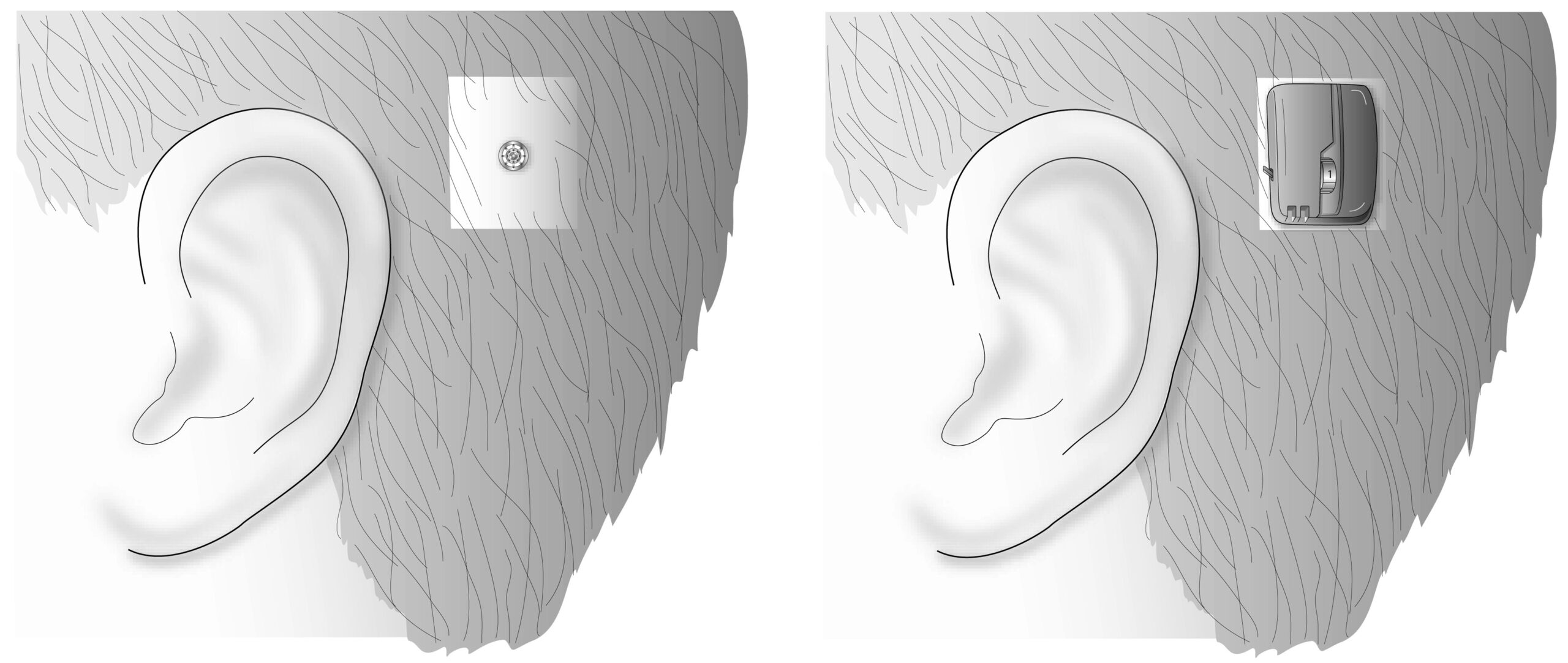The Baha’i principle that “the health of one is the health of all” presents a profound understanding of interconnectedness within humanity. This notion invites individuals to consider an intriguing question: how might our personal health policies reflect our responsibilities toward the collective well-being? On the surface, the answer seems straightforward—our individual choices impact the wider community; yet, navigating this responsibility in practice can be daunting. This article explores the implications of this principle, its historical underpinnings, and the pivotal role it plays in fostering a harmonious global society.
The principle that the health of one is the health of all extends beyond mere physical wellness; it embodies a comprehensive approach to human development. Baha’i teachings emphasize that individuals are intrinsically linked to one another, and thus, personal health cannot be analyzed in isolation. A community that prioritizes collective health reveals a nuanced understanding of social dynamics and the interplay between personal and societal wellbeing. This initiates a dialogue on the ethical obligations that individuals hold towards their communities.
Originating from the teachings of Baha’u’llah, the founder of the Baha’i Faith, this principle is deeply rooted in the concept of oneness. Baha’u’llah established that humanity is akin to a family, where the well-being of one member directly influences the welfare of others. The implications of this metaphor extend to public health, social equity, and environmental sustainability. Each individual, therefore, possesses the moral responsibility to contribute positively to their community’s health, creating a ripple effect that fosters a healthier society overall.
A pivotal challenge arises when considering how personal health decisions can conflict with collective needs. For example, an individual may choose to forgo vaccinations based on personal beliefs or misinformation, potentially jeopardizing the immunity of vulnerable populations within the community. This conundrum raises essential questions regarding autonomy versus accountability. How can one balance personal freedoms with the ethical imperative to consider the greater good? Through dialogue and education, Baha’is advocate for the careful weighing of personal beliefs against the profound implications these beliefs may hold for others.
Moreover, the holistic vision of health espoused by Baha’i teachings transcends mere absence of illness; it encompasses mental, emotional, and spiritual dimensions. Health, therefore, should not be relegated to a medical concern alone but viewed as a multifaceted state that necessitates a synergistic approach. Baha’is uphold the integration of spiritual well-being with physical health, advocating practices that nurture both aspects and foster resilience within the broader community context. This perspective beckons an exploration of the intersections between personal spiritual practices and societal health outcomes.
The inclusive ethos of the Baha’i Faith also compels individuals to address systemic injustices that impede health equity. Poverty, discrimination, and lack of access to essential services operate as barriers to health, calling for a collective response to dismantle these obstacles. Baha’is are encouraged to engage actively in social action, advocating for policies that enable equitable access to health resources for all. The essence of “the health of one is the health of all” thus becomes a clarion call for systemic change, inspiring a collaborative movement to create healthier, more just societies.
Integrating this principle into contemporary dialogues surrounding public health can invoke a robust transformation. As societies grapple with emerging health crises, such as pandemics and mental health epidemics, the interplay between individual choices and collective health outcomes become increasingly salient. Baha’i advocates are positioned to lead discussions that underscore the interconnectedness of these challenges, advocating for a comprehensive approach that engages individuals and communities alike in health initiatives.
Furthermore, engaging with the global Baha’i community presents an opportunity to transcend geographical and cultural barriers, promoting a unified front around health issues. The diversity within this community enriches the conversation, allowing for the exchange of varied perspectives on health practices and philosophies. Such an inclusive dialogue can foster innovative approaches to global health challenges, reflecting the principle that the health of one truly is the health of all.
In contemplating the implementation of this principle in daily life, individuals can reflect on practical steps that embody the spirit of oneness. Volunteering for local health initiatives, advocating for equitable health policies, and participating in community discussions around wellness exemplify tangible actions that fulfill this principle. The notion that each person’s health affects the collective can prompt a paradigm shift in how we approach our personal wellness—transforming individual self-care into a communal responsibility.
Ultimately, the principle that “the health of one is the health of all” serves to remind us of the profound interconnection that characterizes the human experience. Through the lens of these teachings, we recognize that our health is inextricably linked to the health of our communities. This awareness prompts a collective responsibility and action that transcends personal boundaries, fostering a society where every individual can flourish. As we ponder the ramifications of our health decisions, we are impelled to embrace this principle fully, cultivating a global community that prioritizes the welfare of all its members, in pursuit of a healthier future.
